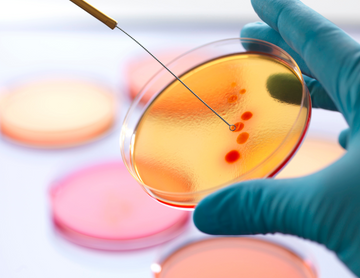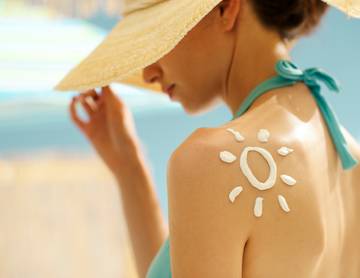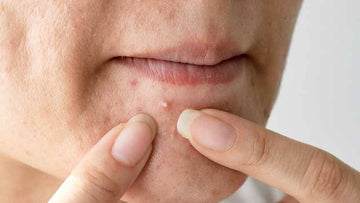A Deep Dive into In Vitro Testing for Sunscreen

In today's fast-paced world, where sun exposure is inevitable, sunscreen has become an indispensable part of our skincare regimen. But have you ever wondered how brands ensure that their products provide the protection they promise? The answer lies in a testing process known as in vitro testing.
What exactly is in vitro testing for sunscreen?
In vitro testing involves conducting scientific experiments in a controlled laboratory environment, rather than on human subjects. This allows researchers to meticulously evaluate the efficacy and safety of sunscreen formulations through a series of comprehensive assessments.
Here's a closer look at how in vitro testing is conducted and the parameters used to gauge the performance of sunscreen:
- SPF Testing:
- SPF, or Sun Protection Factor, is a crucial parameter measured during in vitro testing. It determines the level of protection a sunscreen offers against UVB rays, which are responsible for sunburns.
- In vitro SPF testing involves exposing samples of sunscreen to UV radiation and measuring how effectively they prevent skin damage.
- Range: Sunscreen with SPF 30 blocks approximately 97% of UVB rays. Sunscreen with SPF 50 blocks about 98% of UVB rays.
- Broad-Spectrum Protection:
- Sunscreens should provide broad-spectrum protection, safeguarding the skin against both UVA and UVB rays.
- In vitro tests assess the sunscreen's ability to filter out UVA and UVB radiation across a range of wavelengths, ensuring comprehensive coverage.
- Range: A sunscreen is considered broad-spectrum when it effectively covers the ideal wavelength range, including both UVA (320-400 nanometers) and UVB (290-320 nanometers) rays.
- Stability Testing:
- Stability testing examines the resilience of sunscreen formulations under various environmental conditions, such as exposure to heat, light, and air.
- This ensures that the sunscreen remains effective and stable throughout its shelf life, maintaining its protective properties.
- Irritancy Testing:
- Irritancy testing evaluates the potential of sunscreen ingredients to cause skin irritation or allergic reactions.
- By exposing skin cells to the sunscreen formulation in vitro, researchers can assess its safety profile and suitability for different skin type

-
Now, let's delve into the specifics of Sun Proof Me SPF 50, PA ++++ and its in vitro testing results:
-
Sun Proof Me SPF has undergone rigorous in vitro testing, demonstrating exceptional performance across all parameters. Its positive outcomes indicate:
- Achieving a high SPF rating ensures effective protection against UVB rays, such as achieving 82.4
- Achieving a PA rating of ++++
- Broad-spectrum coverage, safeguarding against both UVA and UVB radiation.
- Stability under diverse environmental conditions, ensuring long-lasting efficacy.
- Tested positively for suitability on sensitive skin in both dermatologist human testing and in vitro testing.

In conclusion, in vitro testing serves as a cornerstone in the development and evaluation of sunscreen formulations. By subjecting sunscreens to rigorous scientific scrutiny, manufacturers can deliver products that offer reliable protection against the sun's harmful rays. With Sun Proof Me SPF 50, PA ++++ you can trust that your skin is in good hands, protected by science-backed sun care innovation.




